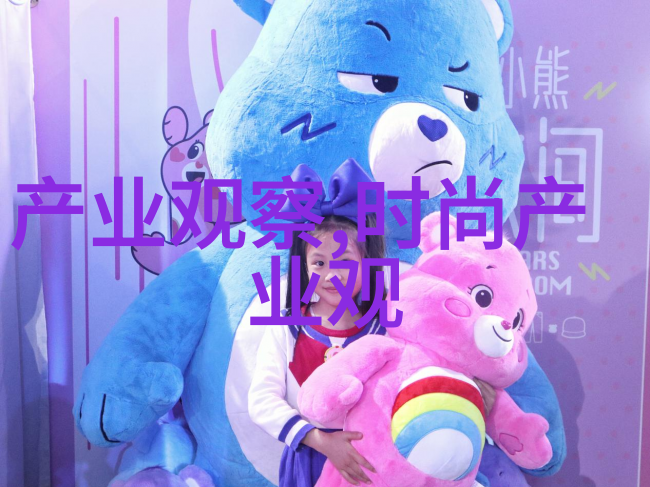Revitalizing Minimalism: The Rise of Sustainable Fashion Trends

The Ethical Consumer Revolution
In recent years, the fashion industry has witnessed a significant shift in consumer behavior. With growing awareness about environmental degradation and social injustice, consumers are becoming more conscious of their purchasing decisions. The rise of ethical consumerism has led to an increasing demand for sustainable and eco-friendly clothing options.

From Fast Fashion to Slow Fashion
Fast fashion, characterized by its rapid production cycles and disposable garments, has been criticized for its negative impact on the environment and labor practices. In response, slow fashion advocates for quality over quantity, emphasizing durability and timeless designs that can be passed down through generations.

Second-Hand Shopping Gains Popularity
Second-hand shopping is another trend gaining traction in the sustainable fashion movement. Not only does it reduce waste by extending the life cycle of existing garments but also promotes recycling and upcycling techniques that transform discarded materials into unique pieces.

Technological Innovations in Sustainable Fabrics
Advances in technology have paved the way for innovative fabrics made from recycled plastic bottles, mushroom-based textiles, or even lab-grown leather alternatives derived from plant cells or animal-free proteins such as soy or potato starch.

Circular Economy Strategies in Fashion Brands
Some forward-thinking brands have adopted circular economy strategies to minimize waste throughout their supply chain processes while promoting sustainability through take-back programs that encourage customers to return worn-out items at end-of-life stage which then gets recycled back into new products thereby closing loops within a system rather than perpetuating linear consumption patterns leading towards a more regenerative future for our planet



